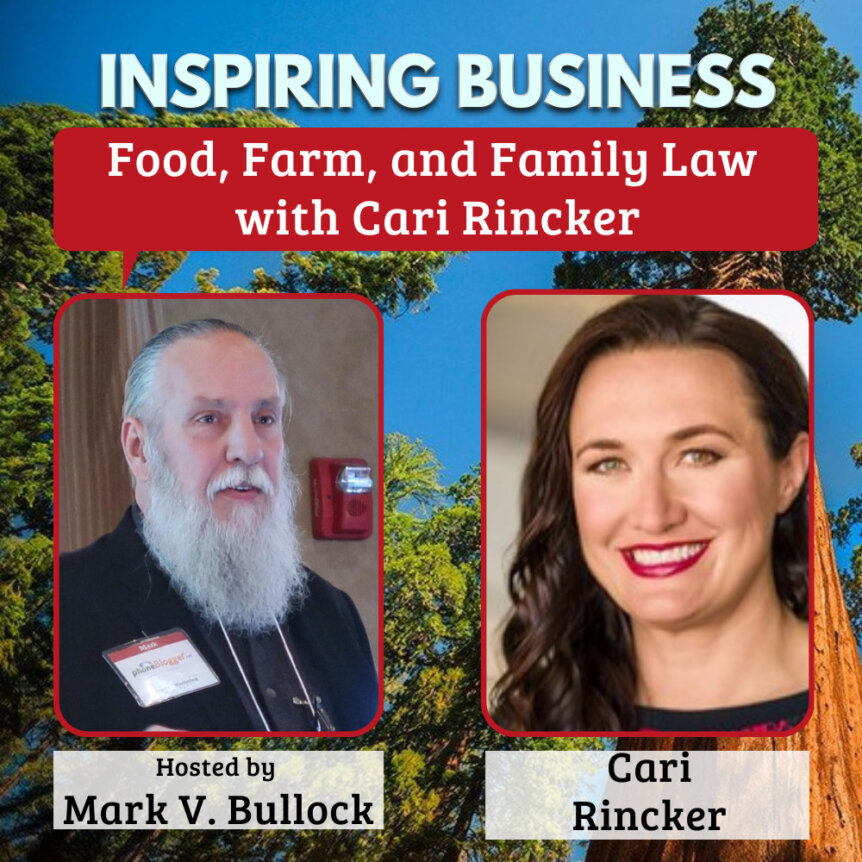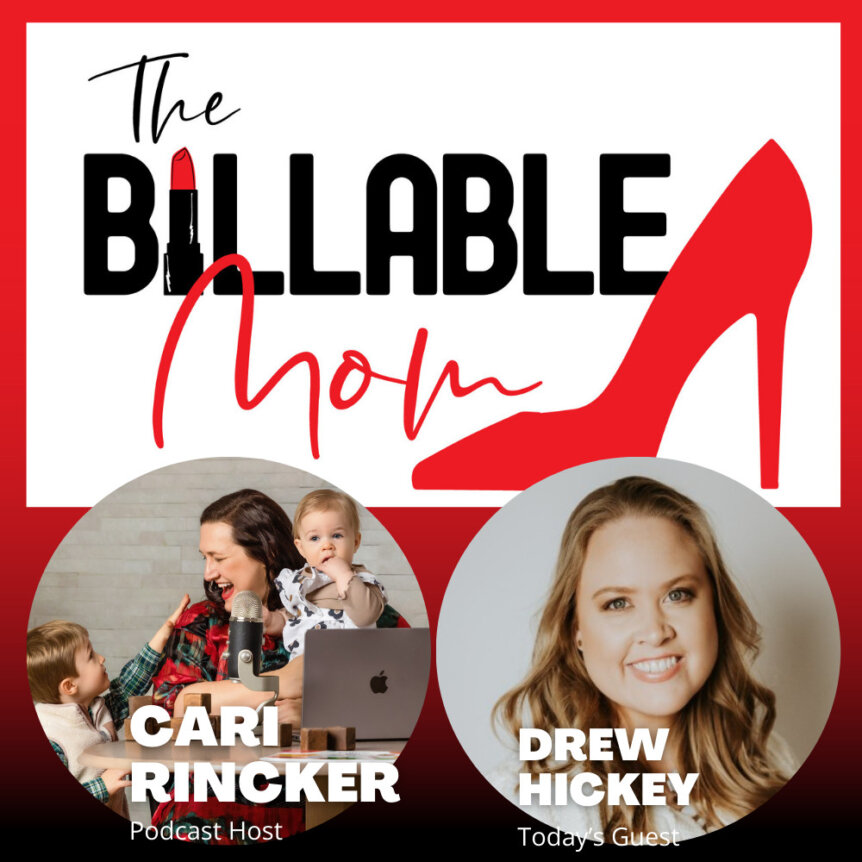The Billable Mom Podcast with Cari Rincker, Episode 14 Welcome to The Billable Mom Podcast with attorney and mother Cari Rincker. In each episode, Cari will speak with other Billable Moms about working motherhood and the struggles to juggle it all. Our time is precious, both at work and at home. Cari and her guests will explore time management tips …
Cari Rincker was a Guest on the Inspiring Business Podcast with Mark Bullock
I was a guest on Inspiring Business Podcast with Mark Bullock. Tune in for these key takeaways: * Transition from Farm Girl to Lawyer * Balancing Motherhood and a Law Practice * The Billable Mom Podcast * My Work in Mediation and Family Law YouTube: https://youtu.be/HvlnibgAQBw Check out the episode on any of the following platforms: Youtube Website Facebook Business …
Mastering Work-Life Harmony with Drew Hickey
The Billable Mom Podcast with Cari Rincker, Episode 13 Welcome to The Billable Mom Podcast with attorney and mother Cari Rincker. In each episode, Cari will speak with other Billable Moms about working motherhood and the struggles to juggle it all. Our time is precious, both at work and at home. Cari and her guests will explore time management tips …
The Transformative Power of Family: Carissa Haning’s Career and Motherhood Journey
The Billable Mom with Cari Rincker, Episode 12 In this episode of The Billable Mom, Cari Rincker speaks with Carissa Haning, an estate planning attorney and owner of Haning Law Office. Carissa shares her journey of balancing a demanding legal career with the challenges of motherhood, including her experience with international adoption and returning to the legal profession after a …
Balancing Your Busy Professional and Family Lives with Liya Hussman-Rogers
The Billable Mom with Cari Rincker, Episode 11 In this episode of The Billable Mom, Cari speaks with Liya Hussman-Rogers, Partner and Attorney at Lietz & Hussmann Rogers, LLP Attorneys at Law. Today, she brings her legal expertise to the forefront of environmental justice, advocating for sustainable practices and policies. Here are this episode’s key takeaways Liya’s Background: Liya Hussman-Rogers’ …
How Remodeling Your Home Could Impact Your Estate Plan
Spring is associated with renewal, and as the weather gets warmer, many homeowners turn their attention to renovation projects. Each May, the home remodeling industry and the National Association of Home Builders (NAHB) celebrate National Home Remodeling Month. In 2023, over 17 million home remodeling projects are expected to be undertaken in the United States. Between planning, permitting, and construction, …
Mastering the Working Parent-Child Relationship with Manu Brune
The Billable Mom with Cari Rincker, Episode 10 In this episode of The Billable Mom, Cari speaks with Manu Brune, a parent-child relationship specialist who is also certified in pediatric sleep and potty training. Manu is also founder of Beyond Birth Basics, where she offers comprehensive support to parents at various stages, focusing on developing emotional intelligence in children, …
Sometimes Stuff Is the Most Important Part of Your Estate Plan
Most people usually think about who will receive their retirement and bank accounts, life insurance proceeds, real estate, and other valuable possessions upon their death. However, a person’s personal property (their stuff) can also be a source of value that needs to be addressed. When looking to start or continue your estate planning journey, ask yourself the following questions about …
Should You Share Your Estate Planning Details With Loved Ones?
When you decide to create a comprehensive estate plan, there are many things to consider. One is whether to tell your loved ones about your plan and how much information to share with them. Estate planning can be a complex and sensitive matter, so your choice may depend on your unique relationships with loved ones and your family dynamics. Sharing …
3 Examples of When an Irrevocable Trust Can—and Should—Be Modified
Did you know that irrevocable trusts can be modified? If you did not, you are not alone. The name lends itself to that very misconception. However, the truth is that changes in laws, family, trustees, and finances can frustrate the trustmaker’s original intent when the trust was created. Or, sometimes, an error in the trust document is identified. When this …
Balancing the Scales: Motherhood and Law with Quinn Dalan
The Billable Mom with Cari Rincker, Episode 09 In this episode of The Billable Mom, Cari speaks with Quinn Dalan, an attorney and the executive director of Yakima County Volunteer Attorney Services, a legal aid nonprofit organization. Quinn shares her journey from law school to becoming a “billable mom,” balancing a demanding legal career with the responsibilities of motherhood. Tune …
Do Not Leave Your Trust Unprotected: 6 Ways a Trust Protector Can Help You
Trust protectors are commonly used in the United States. Essentially, a trust protector is someone who serves as an appointed authority over a trust that will be in effect for a long period of time. Trust protectors ensure that trustees maintain the integrity of the trust, make solid distribution and investment decisions, and adapt the trust to changes in law …












